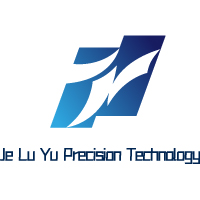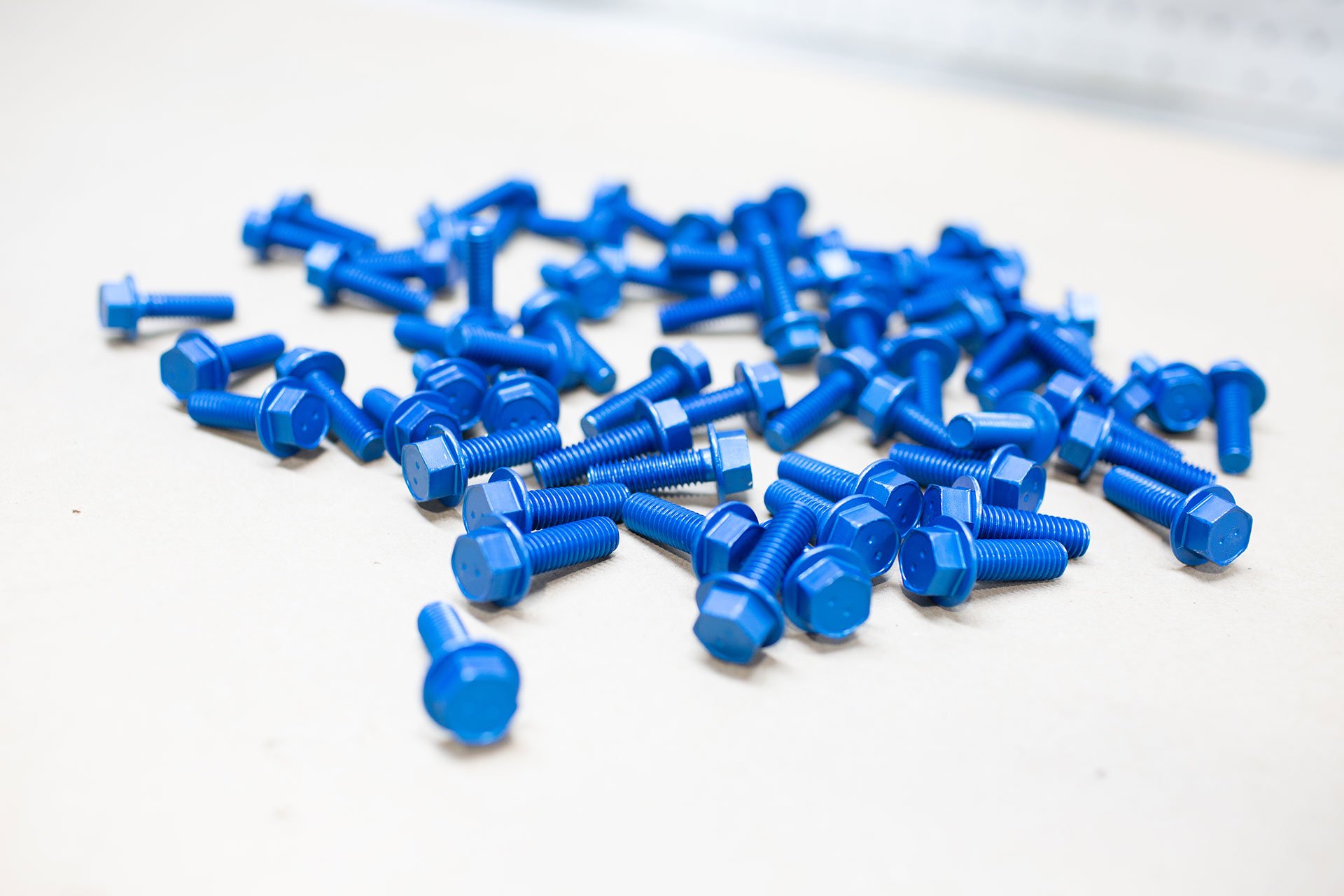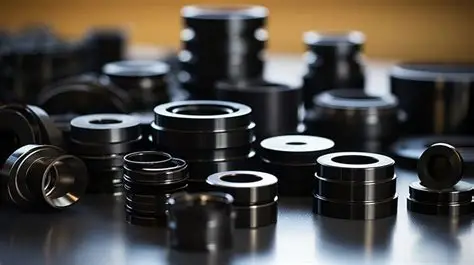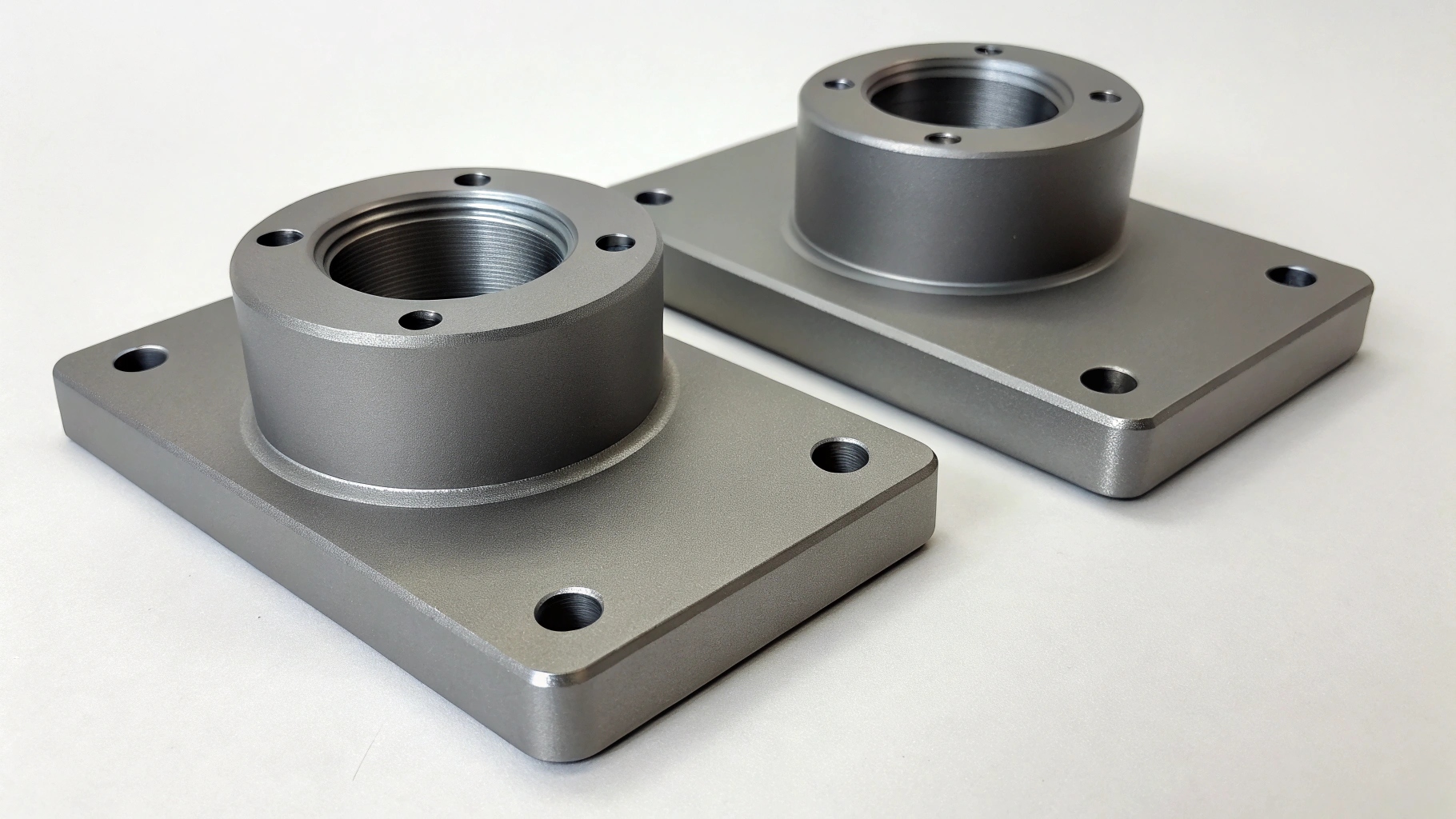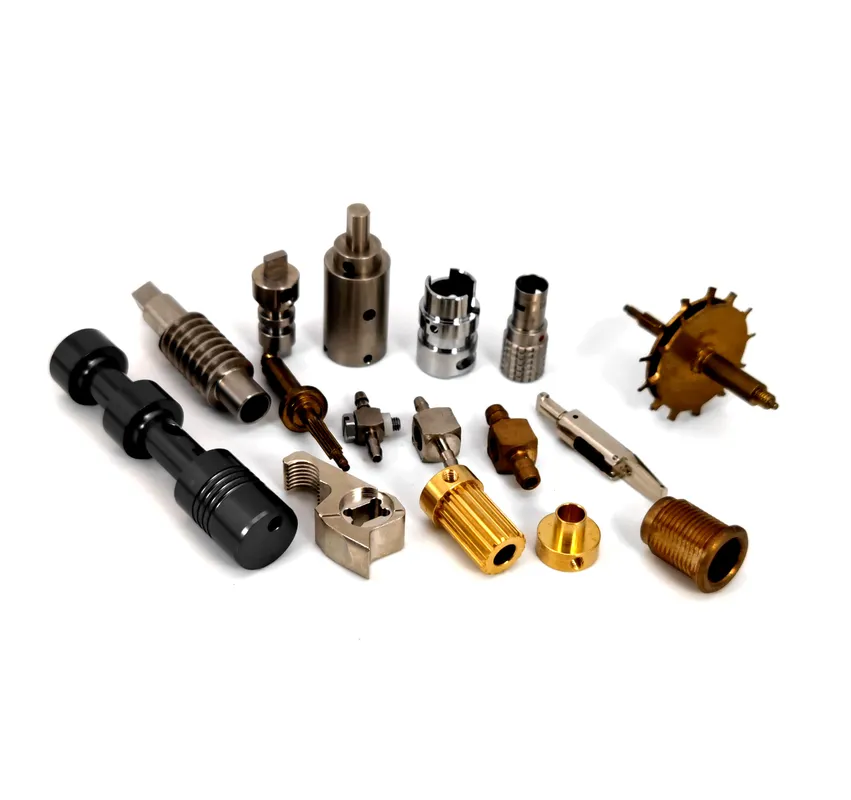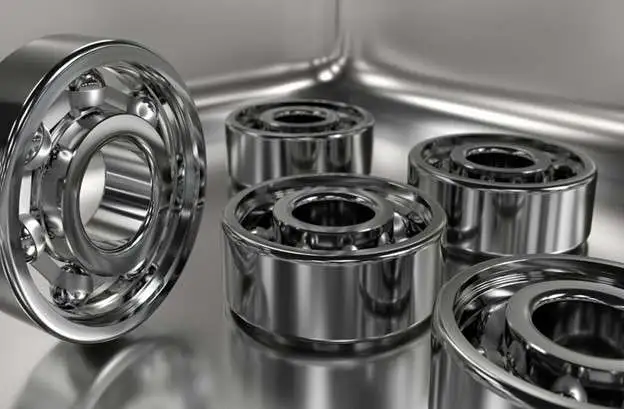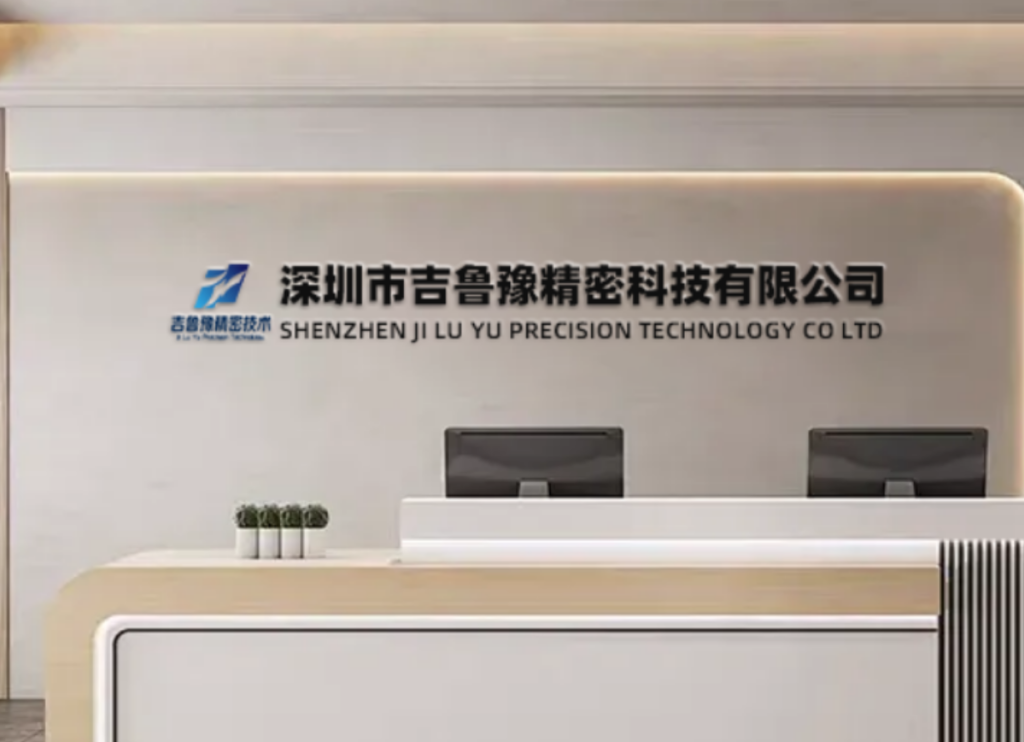CNC Machining Delrin (POM) for Low-Friction Applications: Precision Engineering for High-Performance Components
The demand for high-performance engineering plastics with exceptional tribological properties has positioned Delrin (Polyoxymethylene) as the material of choice for applications requiring minimal friction and exceptional wear resistance. CNC machining Delrin (POM) for low-friction applications represents a specialized manufacturing discipline that combines advanced machining technologies with deep material science understanding to produce components that excel in demanding mechanical environments. At JLYPT CNC Machining, we have mastered the art of CNC machining Delrin (POM) for low-friction applications, delivering precision components for industries ranging from automotive and aerospace to medical devices and consumer products.
Understanding Delrin (POM) Material Properties for Low-Friction Applications
Delrin’s unique molecular structure and material characteristics make it exceptionally suitable for applications where reduced friction, wear resistance, and dimensional stability are paramount. Successful CNC machining Delrin (POM) for low-friction applications requires comprehensive understanding of this advanced engineering thermoplastic’s properties.
Material Characteristics and Advantages
Tribological Properties
-
Extremely low coefficient of friction (0.1-0.3 static, 0.2-0.4 dynamic) against steel
-
Excellent wear resistance with PV limits up to 3,000 psi-fpm
-
Self-lubricating characteristics due to low surface energy and high crystallinity
-
Superior abrasion resistance compared to other engineering thermoplastics
Mechanical and Thermal Properties
-
High stiffness and strength with tensile strength of 10,000 psi (69 MPa)
-
Excellent creep resistance under continuous load at elevated temperatures
-
Low moisture absorption (<0.25%) ensuring dimensional stability
-
Good chemical resistance to hydrocarbons, solvents, and neutral chemicals
Delrin Grades for Specific Low-Friction Applications
Delrin 100 Series (Homopolymer)
-
Standard grade offering optimal balance of properties for general low-friction applications
-
Excellent fatigue endurance for dynamic loading conditions
-
Good impact resistance at room and low temperatures
-
FDA compliance available for food contact applications
Delrin 500 Series (Copolymer)
-
Enhanced thermal stability with improved resistance to degradation
-
Better chemical resistance to strong bases and hot water
-
Reduced formaldehyde emission during processing
-
Superior long-term performance in continuous use applications
Reinforced Delrin Grades
-
Glass-filled variants (20-30% reinforcement) for increased stiffness
-
PTFE-filled grades for ultra-low friction applications
-
Silicone-lubricated versions for self-lubricating requirements
-
Custom compound formulations for specific application needs
Table: Delrin (POM) Material Properties for CNC Machining Delrin (POM) for Low-Friction Applications
| Property | Delrin 100 | Delrin 500 | Delrin 570 | Test Method |
|---|---|---|---|---|
| Tensile Strength (psi) | 10,000 | 8,800 | 7,500 | ASTM D638 |
| Flexural Modulus (psi) | 410,000 | 375,000 | 650,000 | ASTM D790 |
| Coefficient of Friction | 0.1-0.3 | 0.1-0.3 | 0.08-0.15 | ASTM D1894 |
| Heat Deflection Temp (°F) | 230 | 220 | 320 | ASTM D648 |
| Water Absorption (%) | 0.22 | 0.22 | 0.22 | ASTM D570 |
Advanced CNC Machining Strategies for Delrin Components
The successful implementation of CNC machining Delrin (POM) for low-friction applications requires specialized machining strategies that account for the material’s unique characteristics and the precision requirements of low-friction components.
Tooling Selection and Optimization
Cutting Tool Technology
-
Sharp, polished carbide tools with positive rake angles for clean material separation
-
Specialized tool geometries designed for plastic machining applications
-
Multi-flute end mills for improved surface finish in finishing operations
-
Diamond-coated tools for extended tool life in high-volume production
Tool Geometry Optimization
-
High helix angles (35-45°) for efficient chip evacuation
-
Polished flutes to prevent material adhesion and built-up edge
-
Reduced neck lengths for improved rigidity in deep cavity machining
-
Specialized point geometries for drilling and threading operations
Machining Parameter Optimization
Speed and Feed Strategy
Precision CNC machining Delrin (POM) for low-friction applications requires carefully calibrated machining parameters:
Milling Operations
-
Surface speeds: 500-1000 SFM for optimal surface finish and dimensional accuracy
-
Feed rates: 0.001-0.010 inches per tooth based on feature size and tool diameter
-
Depth of cut: 0.010-0.250 inches depending on tool strength and stability requirements
-
Stepover percentages: 10-50% of tool diameter based on surface finish requirements
Turning Operations
-
Surface speeds: 600-1200 SFM for superior surface quality
-
Feed rates: 0.001-0.008 inches per revolution for precision finishing
-
Depth of cut: 0.005-0.100 inches based on feature requirements
-
Tool approach angles: Optimized for specific feature geometries
Table: Machining Parameters for CNC Machining Delrin (POM) for Low-Friction Applications
| Operation Type | Speed (SFM) | Feed (IPT) | DoC (inches) | Tool Material | Cooling Method |
|---|---|---|---|---|---|
| Rough Milling | 600-800 | 0.006-0.012 | 0.10-0.25 | Uncoated Carbide | Compressed Air |
| Finish Milling | 800-1000 | 0.002-0.005 | 0.005-0.020 | Polished Carbide | Compressed Air |
| Contour Milling | 700-900 | 0.003-0.008 | 0.020-0.080 | DLC Coated | Compressed Air |
| Rough Turning | 600-800 | 0.005-0.010 | 0.050-0.150 | Sharp Carbide | Compressed Air |
| Finish Turning | 800-1000 | 0.001-0.004 | 0.002-0.015 | Diamond Coated | Compressed Air |
Technical Considerations for CNC Machining Delrin (POM) for Low-Friction Applications
The production of precision low-friction components requires addressing several material-specific challenges through advanced machining techniques in CNC machining Delrin (POM) for low-friction applications.
Thermal Management and Dimensional Stability
Heat Generation Control
-
Consistent chip load maintenance to prevent localized overheating and material degradation
-
Compressed air cooling to dissipate heat without introducing moisture contamination
-
Strategic tool path planning to distribute cutting forces and minimize heat concentration
-
In-process temperature monitoring using non-contact methods for critical features
Dimensional Accuracy Assurance
-
Thermal stabilization periods between machining operations to allow for stress relief
-
Spring pass implementation for final dimensional accuracy in precision features
-
Multiple finishing strategies with progressively reduced material removal
-
In-process measurement to compensate for any material movement or thermal expansion
Surface Integrity for Low-Friction Performance
Surface Finish Optimization
-
Progressive stepdown reduction for improved surface texture in finishing operations
-
High-speed machining strategies with minimal tool engagement for superior finishes
-
Specialized tool paths including trochoidal milling for thin-walled features
-
Micro-finishing operations for critical bearing and sealing surfaces
Feature Definition and Edge Quality
-
Sharp internal corners with specialized tooling for precise feature definition
-
Burr minimization techniques through optimized tool geometries and parameters
-
Surface treatment options including tumbling and vapor polishing for specific applications
-
Edge break optimization for components requiring specific edge conditions
Quality Assurance for CNC Machining Delrin (POM) for Low-Friction Applications
The manufacturing of precision low-friction components demands rigorous quality control systems specifically designed for CNC machining Delrin (POM) for low-friction applications.
Dimensional Metrology and Verification
Advanced Measurement Technologies
-
Coordinate measuring machines with temperature compensation for accurate dimensional verification
-
White light scanning systems for complex contoured surfaces and form verification
-
Surface roughness testers with both contact and non-contact capabilities
-
Optical comparators for rapid 2D feature verification and geometric tolerance assessment
Surface Quality Assessment
-
Surface roughness measurement using profilometers and optical interferometry
-
Visual inspection under controlled lighting conditions for defect detection
-
Microscope examination for edge quality and micro-feature verification
-
Wettability testing for surface energy characterization in specific applications
Material and Performance Validation
Physical Property Verification
-
Durometer testing for material hardness verification and consistency
-
Density measurement to ensure material consistency and proper processing
-
Color consistency evaluation for aesthetic components and quality control
-
Dimensional stability testing under varying environmental conditions
Functional Performance Testing
-
Friction coefficient measurement using specialized tribological test equipment
-
Wear testing under simulated operating conditions
-
PV limit determination for bearing and wear applications
-
Environmental testing including thermal cycling and humidity exposure
Applications of CNC Machining Delrin (POM) for Low-Friction Applications
The unique properties of Delrin make it ideal for numerous applications requiring CNC machining Delrin (POM) for low-friction applications across multiple industries.
Automotive and Transportation
Precision Components
-
Fuel system components including pump gears and valve seats
-
Steering system bushings and bearing surfaces
-
Window regulator gears and sliding components
-
Seat adjustment mechanisms requiring low friction and wear resistance
Medical and Healthcare
Medical Device Components
-
Drug delivery system gears and mechanisms
-
Surgical instrument articulating joints and sliding surfaces
-
Diagnostic equipment precision guides and bearing surfaces
-
Prosthetic device components requiring smooth operation and durability
Industrial and Consumer
Mechanical Components
-
Conveyor system wear strips and guide rails
-
Food processing equipment components requiring FDA compliance
-
Office automation gears and sliding mechanisms
-
Consumer products requiring quiet operation and longevity
Case Studies: Successful CNC Machining Delrin (POM) for Low-Friction Applications
Case Study 1: Automotive Fuel Pump Gear Manufacturing
Challenge: An automotive systems manufacturer required CNC machining Delrin (POM) for low-friction applications specifically for fuel pump gears that needed to operate continuously in gasoline environment with minimal wear and consistent performance over 100,000+ operating hours.
CNC Machining Delrin (POM) for Low-Friction Applications Solution:
JLYPT implemented a comprehensive manufacturing strategy:
-
Multi-axis CNC milling with specialized tooling for precise tooth profiles
-
Cryogenic machining techniques to maintain dimensional stability in thin-walled sections
-
Progressive finishing operations to achieve optimal surface texture for gear meshing
-
100% inspection of critical dimensions and tooth profile geometry
-
Performance testing under simulated fuel pump operating conditions
Results:
-
Achieved gear tooth profile accuracy within 0.0002 inches of design specifications
-
Surface finish of 16 μin Ra on gear tooth faces exceeded automotive requirements
-
Wear testing demonstrated 150,000+ hours of continuous operation without significant wear
-
Successfully implemented in next-generation high-pressure fuel systems
Case Study 2: Medical Device Pump Components
Challenge: A medical device company needed CNC machining Delrin (POM) for low-friction applications for precision pump components in a portable drug delivery system. The components required biocompatibility, ultra-low friction surfaces, and dimensional stability within 0.0005 inches.
CNC Machining Delrin (POM) for Low-Friction Applications Solution:
Our specialized approach included:
-
High-speed precision machining with specialized tooling for critical features
-
Micro-machining capabilities for intricate fluid path geometries
-
Surface enhancement processes to achieve medical-grade surface finishes
-
Cleanroom assembly and packaging for medical device compliance
-
Validation testing including friction, wear, and chemical compatibility
Results:
-
Achieved dimensional stability of 0.0003 inches across all critical features
-
Surface finish of 8 μin Ra on bearing surfaces exceeded medical device requirements
-
Coefficient of friction of 0.12 achieved against stainless steel mating surfaces
-
Successfully passed FDA 510(k) clearance with complete manufacturing documentation
Case Study 3: Industrial Bearing Component Production
Challenge: An industrial equipment manufacturer required CNC machining Delrin (POM) for low-friction applications for custom bearing components that needed to operate in contaminated environments without external lubrication. The components required exceptional wear resistance and dimensional stability under load.
CNC Machining Delrin (POM) for Low-Friction Applications Solution:
JLYPT’s comprehensive manufacturing strategy incorporated:
-
Multi-operation machining with complete part processing in optimized sequence
-
Specialized tooling strategies for complex internal geometries and bearing surfaces
-
Surface treatment integration for enhanced wear performance in contaminated environments
-
Load testing simulation during manufacturing to validate design performance
-
Quality assurance with statistical process control on all critical dimensions
Results:
-
Achieved PV limit performance of 2,800 psi-fpm in contaminated environment testing
-
Wear rate of less than 0.001 inches per 1,000 hours of operation under load
-
40% cost reduction compared to previous metal bearing solutions
-
Successfully implemented in harsh environment industrial applications
Future Trends in CNC Machining Delrin (POM) for Low-Friction Applications
The application of Delrin in low-friction components continues to evolve with advancing technologies and emerging requirements across industries.
Advanced Manufacturing Technologies
Smart Manufacturing Integration
-
IoT-enabled machining centers for real-time process optimization and monitoring
-
Adaptive control systems with in-process adjustment capabilities based on material behavior
-
Predictive maintenance using machine learning algorithms for tool life optimization
-
Digital twin technology for virtual process validation and performance prediction
Hybrid Manufacturing Approaches
-
Additive and subtractive integration for complex component geometries with optimized material properties
-
In-situ quality verification with closed-loop correction systems
-
Automated material handling for high-volume production of precision components
-
Advanced cooling technologies for improved dimensional control
Material Science Advancements
Next-Generation POM Formulations
-
Enhanced thermal stability for higher temperature applications
-
Improved mechanical properties for more demanding structural applications
-
Specialized additive packages for specific industry requirements
-
Sustainable POM variants with improved environmental profile
According to research from ASM International, advanced engineering thermoplastics like Delrin are increasingly replacing metals in tribological applications due to their combination of low friction, wear resistance, corrosion resistance, and manufacturing efficiency.
Conclusion: Excellence in CNC Machining Delrin (POM) for Low-Friction Applications
The manufacturing of Delrin components for low-friction applications represents a specialized field that demands exceptional technical expertise, advanced equipment, and rigorous quality control. Success in CNC machining Delrin (POM) for low-friction applications requires not only mastery of machining processes but also deep understanding of material behavior, application requirements, and performance validation.
At JLYPT CNC Machining, our commitment to advancing CNC machining Delrin (POM) for low-friction applications ensures that our clients receive components that excel in demanding mechanical environments while optimizing manufacturing efficiency and cost-effectiveness. The future of Delrin component manufacturing will continue to evolve with material advancements, digital technologies, and smart manufacturing approaches driving improved capabilities and performance.
For organizations seeking expert partners in CNC machining Delrin (POM) for low-friction applications, Jingliyang Precision Technology’s CNC machining services offers comprehensive solutions with demonstrated expertise in precision thermoplastic manufacturing for demanding applications.
